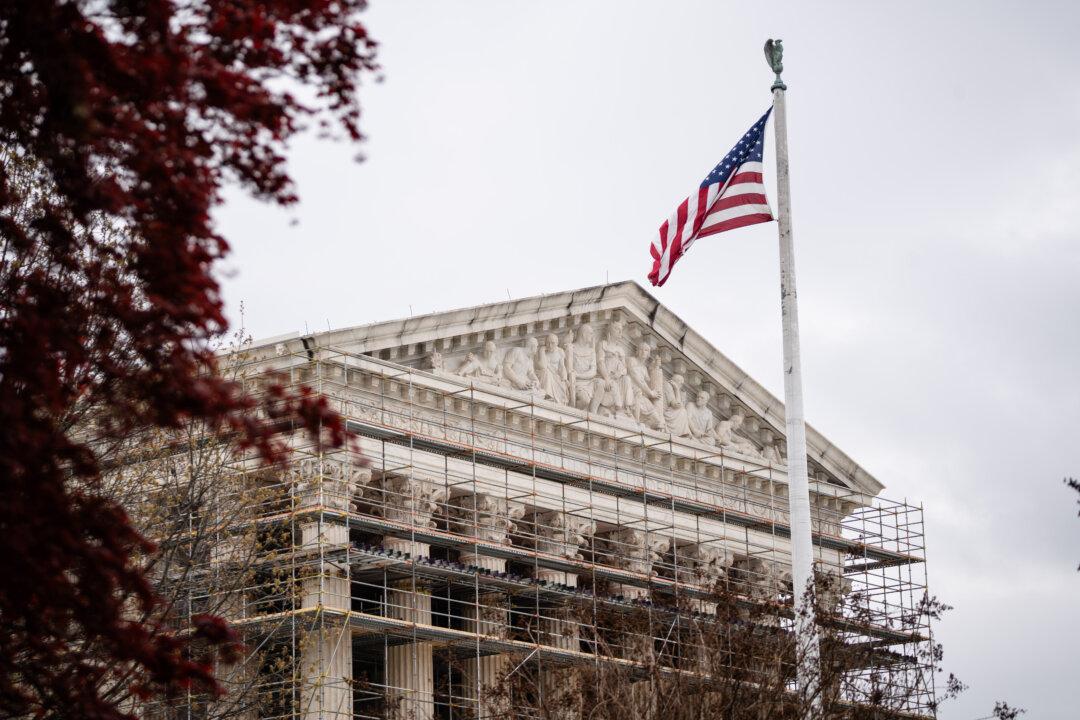The Supreme Court agreed on April 21 to decide if a Texas woman who claims racial discrimination may sue the United States Postal Service (USPS) for not delivering mail.
The court granted the petition in USPS v. Konan in an unsigned order. No justices dissented. The court did not provide an explanation for the decision.





